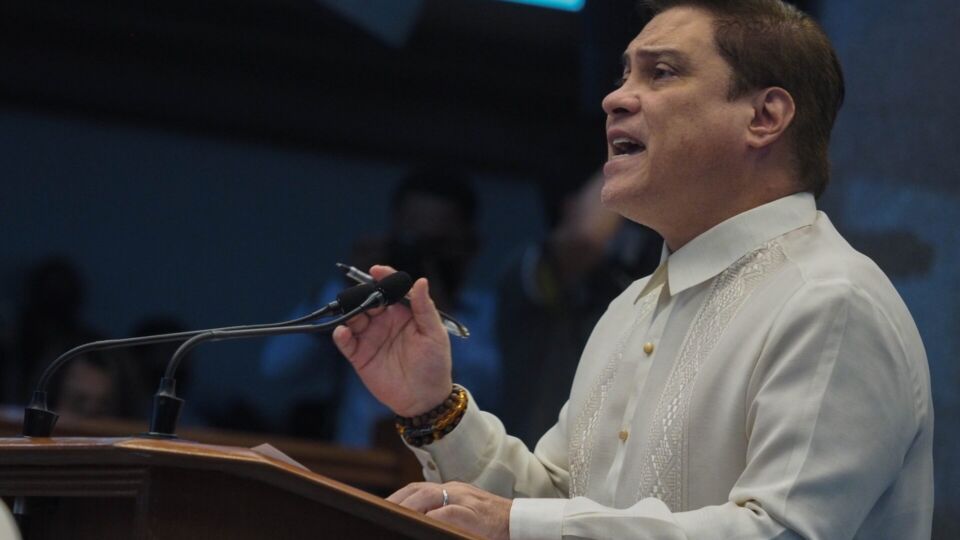Treasury and budget officials have reassured the public that there is no need to withdraw their funds in the state-owned Landbank, amid concerns over the controversial Maharlika Fund bill.
Officials asserted that Landbank and Development Bank of the Philippines (DBP) remain stable even in the event that the proposed Maharlika Fund fails, primarily due to their status as state-owned banks.
The Maharlika Investment Fund is a plan by the government to create a special fund that will be used to invest in important areas such as domestic and foreign corporate bonds, commercial real estate, and infrastructure projects. The aim is to provide financial support for the country’s most important programs and initiatives.
Yet critics questioned its source of funds, which initially identified the Social Security System (SSS) and the Government Service Insurance System (GSIS), which sparked an outcry among pensioners. The approved version of the bill excludes these pension funds.
Under the Senate’s version of the bill, the Maharlika Investment Corporation is slated to amass a capital stock of PHP500 billion, with PHP50 billion sourced from Landbank and PHP25 billion from DBP. Additionally, the Bangko Sentral ng Pilipinas plans to contribute 100 percent of its total dividends for the first two years, as long as it does not exceed the initial P50 billion subscription by the national government.
Despite concerns expressed by some netizens regarding Landbank’s potential risks, National Treasurer Rosalia de Leon clarifies that the bank’s investment in Maharlika is relatively small, amounting to less than 3 percent of their investible funds. She affirms that Landbank adheres to the prudential ratios mandated by the Bangko Sentral, ensuring minimal impact.
De Leon emphasizes that the establishment of the Maharlika Investment Fund offers an avenue to attract additional funds from offshore and the international funding community. These investments would be directed towards the administration’s priority projects, further stimulating economic growth.
Moreover, De Leon assures the public that Landbank will not invest funds in the Maharlika or any agency where it stands to lose earnings. Investments will only be made after careful evaluation of potential returns compared to current investments in government securities or other forms of investment.
Budget Undersecretary Joselito Basilio encourages individuals to deposit their savings in Landbank and DBP, highlighting the safety provided by these institutions. He underscores the presence of safeguards and risk management mechanisms that protect depositors. Basilio also suggests that investments made now could yield significant returns in the long run, particularly through toll road projects like the renowned Skyway.
Addressing concerns of corruption, De Leon explains that the Maharlika Investment Fund has robust safeguards in place. The fund will be subject to audits conducted by the Commission on Audit, complemented by internal auditors who will regularly scrutinize its operations.
Additionally, an external editor will provide oversight, ensuring the appropriate utilization of funds. An oversight committee in Congress will further monitor the sovereign investment fund, ensuring adherence to its designated objectives.
Finance Secretary Benjamin Diokno dismissed fears that the proposed Maharlika Investment Fund would lead to the bankruptcy of banking institutions, describing such apprehensions as mere panic.
The bill has already passed through the 19th Congress and awaits the President’s signature to become law, indicating a strong likelihood of its implementation.




